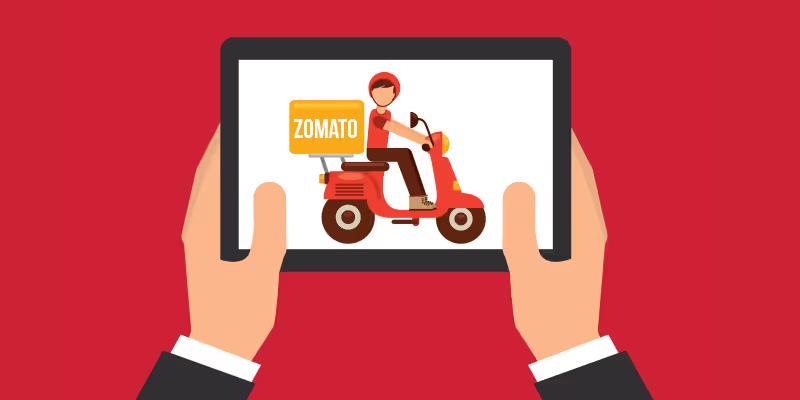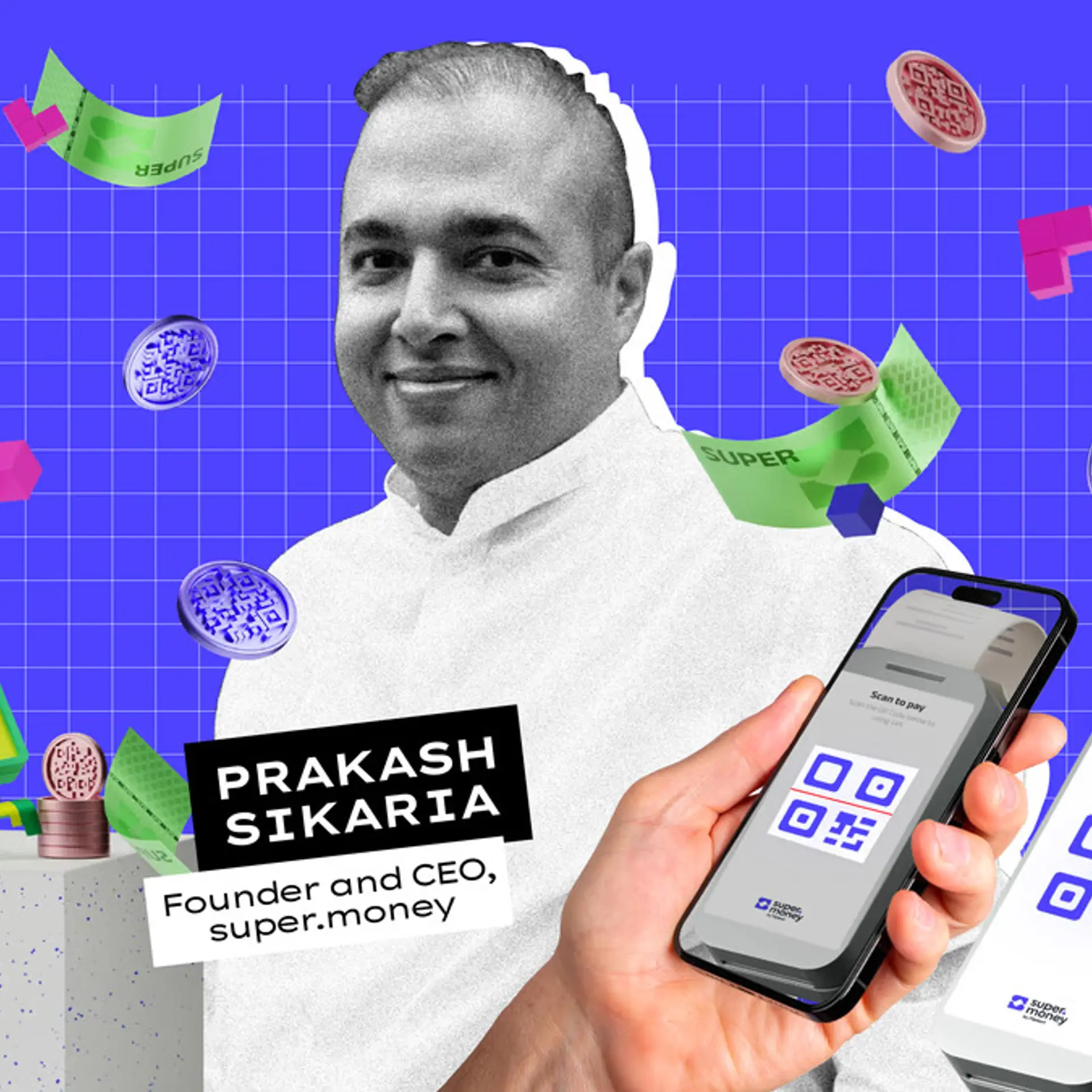Is last-mile logistics for food delivery Zomato’s next step?
Zomato has had a busy last year. The company’s CEO, Deepinder Goyal, admitted on a blog post last month that the rush even postponed their annual pause to look back at things. “Between July and December, we welcomed MenuMania, Lunchtime, Obedovat, Gastronauci, and Cibando into the Zomato family. In January this year, we acquired Urbanspoon to make our entry into the US and Australia markets,” wrote the CEO. The company’s traffic grew three times after the UrbanSpoon acquisition; the number of restaurants listed grew seven times, and the number of cities it covers crossed the 10,000th mark. Zomato is now in 23 countries. Although a little late, Zomato unbundled its mobile app and started food delivery in India with the launch of Zomato Order.

International operations
Zomato has two main approaches: one is building its presence from scratch, which it has done in a few countries and the other is going the acquisition route. It has acquired MenuMania in New Zealand, Lunchtime in Czech Republich, Obedovat in Slovakia, Gastronauci in Poland, Cibando in Italy and UrbanSpoon, mainly for the US and Australia. As a new brand in a country, the growth is pretty much organic but when growing via acquisitions, more complexities are involved. For instance, how big is customer loyalty a factor? There have been mixed reactions after Zomato killed the Urbanspoon brand in the US and Australia, but it is still too early to conclude anything.
In markets where there wasn’t any dominant player, Zomato seems to be doing well. A recent blog post by Denis Bravenec pointed towards some of the things Zomato seems to be doing right:
- Penetrating quickly: Zomato has entered 23 cities within Czech Replublic whereas global competitor Yelp is only present in Prague (here’s what you need to know about Yelp)
- Adapting content to local markets: Zomato has always been able to catch attention with its content, be it text or graphics. It seems to have done a good job with localising content.
Zomato has not provided any data about its traffic or growth in international markets.
Let’s talk food delivery
Zomato has always spoken about owning the entire communication channel between restaurants and customers: right from search and discovery to ordering and now also delivery. In India, it has acquired MapleGraph, a point-of-sale product for restaurants (here’s how the startup got acquired) and in the US, it has acquired NexTable, a restaurant reservation and table management company.
When it comes to online food ordering, Zomato has been late in the game. It decided to enter the space only in February and then launched Zomato Order, a separate app in May 2015. Mumbai-based TinyOwl has raised over USD 20 million, Bangalore-based Swiggy is also heavily funded and there are many other players in the game. Even globally, the market is filled with activity in this space. US has been the trendsetter, with companies like Sprig and Munchery, while Germany has been Europe’s big battleground for food delivery.
In an interview with Mint, Deepinder Goyal had said, “We do not have the team or bandwidth to do last-mile delivery on our own; it’s a completely different business.” Instead, Zomato plans to buy small 5-10 per cent stakes in food delivery startups. “If we make these investments, they will be just like the seven acquisitions we made one after the other in a very short span,” he said. A week later, Deepinder told Times of India, "We are working on it and we may do it via an acquisition or partnership. Also, we might end up doing it on our own.” The answer is still not clear but Zomato is certainly thinking along these lines.
Having raised USD 113 million so far, futher investment should also be pretty easy to raise. Deepinder has always maintained that Zomato will raise small amounts as and when needed. InfoEdge has a majority holding in the company, but in an interview with Medianama, founder Sanjeev Bikchandani said that InfoEdge may consider bringing its stake below 50 per cent. For financial year 2015, Zomato had reported an EBIDTA loss of INR 136 crore. This figure was at INR 41.39 crore for FY2014. In 2014, Zomato had an operating revenue of Rs 30.6 crore which rose to INR 96.7 crore in FY2015.







